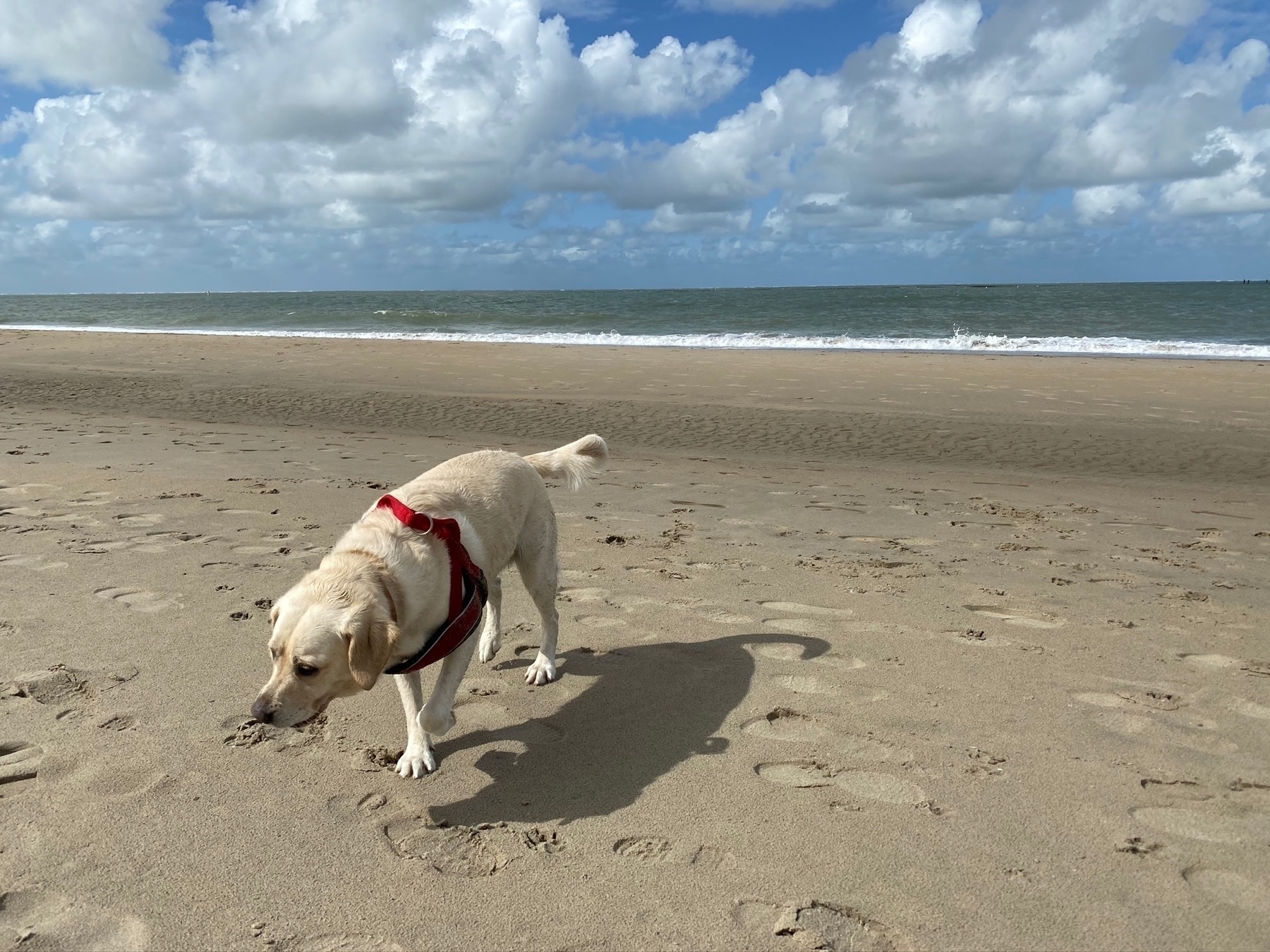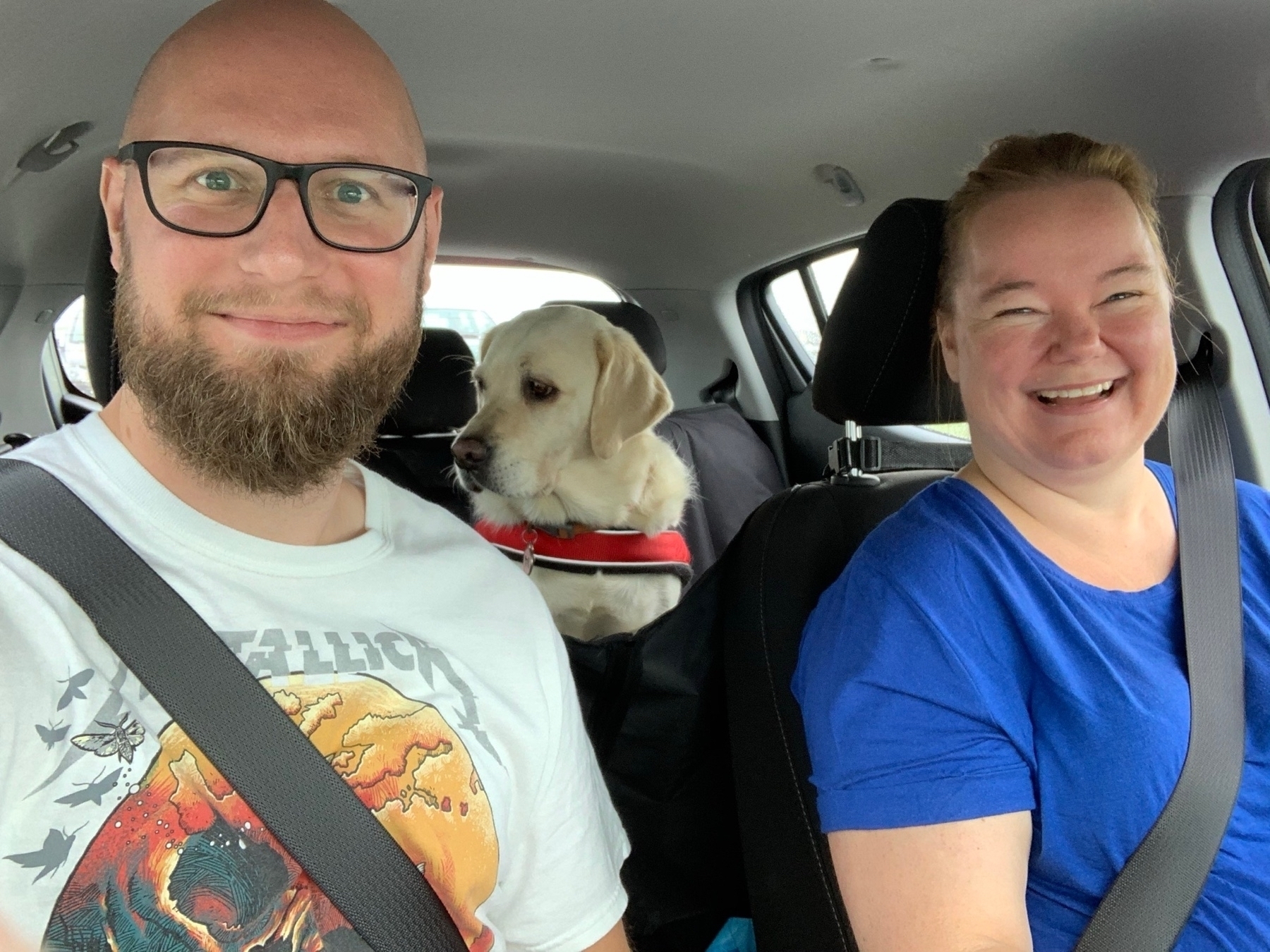I was having lunch on my balcony last week, while all of a sudden 2 small trucks parked on the small square in front of my apartment building. My first thought was that it was probably some of my neighbours moving out, or new ones arriving, as happens all the time around here. But to my surprise, the people from one of the trucks started opening it up, and pull stuff out which seemed like a couple of picknick tables and benches, and put on some snacks and a coffeemaker. The open door on the same truck revealed a lot of light and mirrors, but not a lot of boxes, chairs, tables, bags, and other random stuff piled on to each other, which one would expected if this was a moving truck.
Pretty soon after, the other truck also got unloaded, and cameras, big microphones, a computer set, and some other unspecified equipment came out. It was clear to me: this was a film crew. It wasn’t the first one in my area either, although I’m always surprised to see them. I think I just can’t see the artistic appeal of this part of the neighbourhood 😄
Interested as I am in what happens in my neighbourhood (and with nothing else happening at the moment), I watched what they were doing for a while. I was in awe to see how the 8 or so people below me seemed to move as like a single organism; from the caterer to the actors to the director, everybody knew their time and place. They all knew their part in what was to come and made sure they were prepared to fulfil it.
I watched how the actors were prepped by the dresser and the sound person, how the camera people set everything up, how the director was talking to somebody else (must be a manager, cause I never saw that person doing much of anything), and how they knew when their focus was required and when they were able to slack off a little bit. It was interesting to see that the dresser and caterer weren’t always needed and seemed fine with that. Equally interesting to see was while the director went over the footage that had just been shot to see where it needed to maybe improve, the camera people were doing some small maintenance on the camera, like cleaning the lens and the viewfinder so the next shot was crystal clear again.
 .
.
Watching them for a while, it struck me how close this is to how I see a successful, well-oiled software engineering team working together:
They all progressed towards the teams mission of shooting this scene. Everyone was aware of the scene, and every action was aimed towards filming it in the best way possible. Through their knowledge of the mission, they were able to work together all the time, to take breaks and to help each other where needed. Scrum teams need that same feel of direction, to be able to own the way towards it.
Everyone was needed. The entire crew brought skills that were needed to reach that mission. From the actors to the director, from the camera people to the dresser, they all played a vital role in this project. Of course, the director might have some experience operating a camera, and we know some world famous actors who also direct the movies they play in. But most of the time, and specially in the case of this crew, they needed each other. Just like backend, frontend, and mobile engineers need each other. And just as they need product owners and designers and business analysts and stakeholders to work with them.
No one person could finish the job, because it’s simply impossible to hold a camera, hold a microphone, watch the recording, _and_ play the part all at the same time. Thus there is no room for heroes in this crew who hijack all the work (even though they really shouldn’t). There’s also no room to just withdraw yourself with your work and emerge once it’s done: the entire crew had to communicate about their status and their expectations to each other the entire time, so they knew when their work was becoming important again.
Not everyone was needed all of the time. Which made room for individuals to rest up, talk to others and do some small cleanup and maintenance. For example, while the filming happened, the caterer was cleaning up and preparing the next meal. The dresser was cleaning up and preparing for the next shot. While the director was assessing the newly shot material, the camera people were cleaning their camera’s, and the actors were rehearsing their lines. They were doing maintenance and honing their skills in the downtime, that was available for everybody. I sometimes feel a lot of engineers don’t want or don’t feel they can take the time to hone their skills, or do some small maintenance. Even though they are not always needed for a project, they seem to already focus on the next project, instead of standing still a bit and improve themselves and the tools they work with for what’s to come.
That realisation, in that moment, made me perfectly happy: this is an analogy I can use with my team when we are discussing the topic of working together, parallel vs serial working, team alignment, slacking, and maintenance.










 .
.